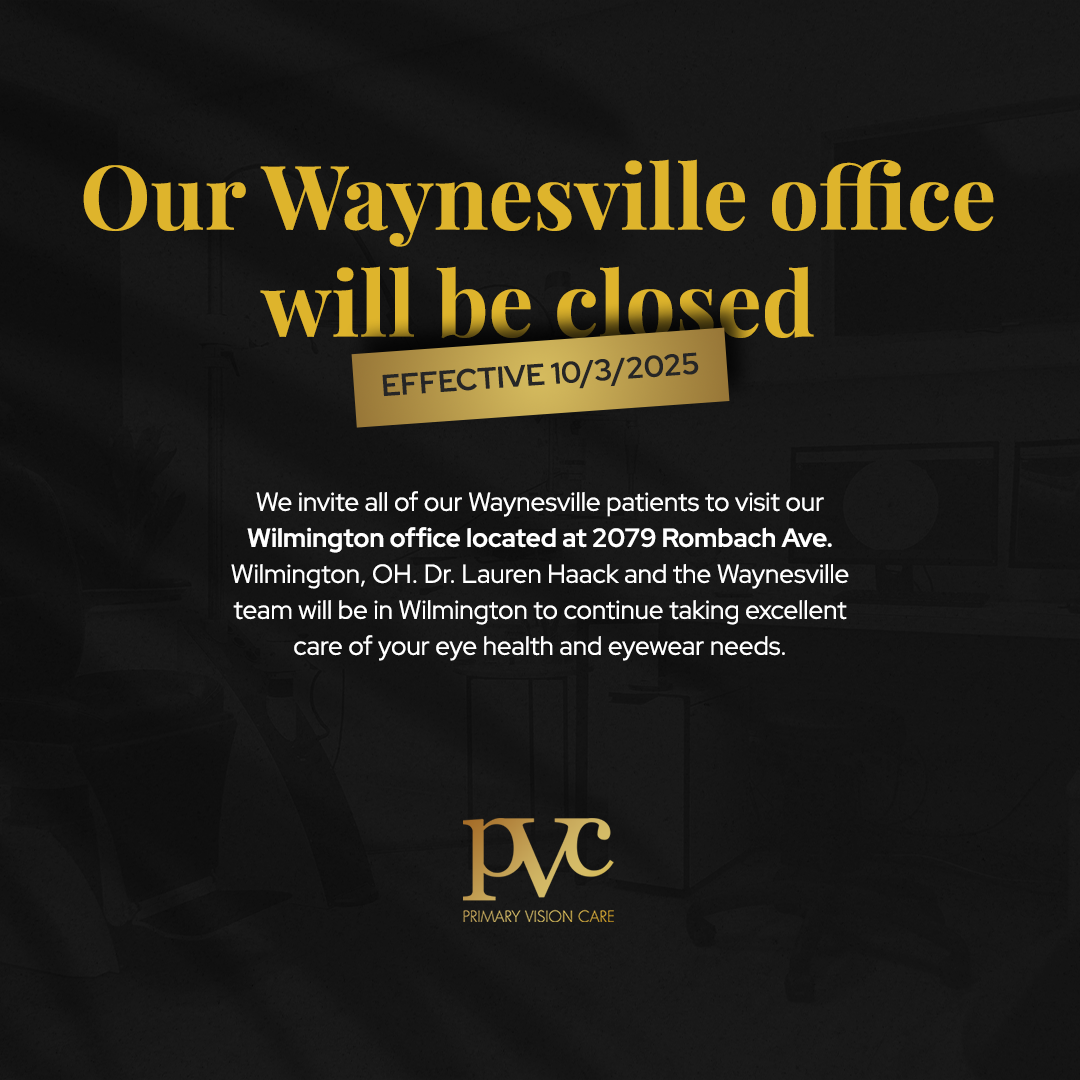If you’ve had a vision screening recently, you might say, “My vision is fine! I don’t need a comprehensive eye exam.”
But a vision screening provides a limited perspective on the overall health of your eyes. It’s a bit like getting your blood pressure checked and not getting the rest of your annual physical. You’ll have useful information. But it’s not the whole picture.
What are the Limitations of a Vision Screening?
Vision screenings only test your ability to see clearly in the distance.
This is called visual acuity. It's just one factor in your overall vision. Others include color vision, peripheral vision, and depth perception. The screening also doesn’t evaluate how well the eyes focus up close or work together. Most importantly, it doesn’t give any information about the health of the eyes.
Vision screenings are conducted by individuals untrained in eye health.
Vision screenings are offered in many places – schools, health fairs, as part of work physical or for a driver’s license. Even if your physician conducts the screening, he/she is a generalist and only has access to a certain amount of eye health training. Most individuals don’t have the tools or knowledge to give you a complete assessment of your vision or eye health.
Vision screenings use inadequate testing equipment.
In some cases, a vision screening is limited to an eye chart across the room. Even when conducted in a physician's office, they won’t have the extensive testing equipment of an eye doctor. They also won’t be aware of nuances such as room lighting and testing distances. All of these factors can affect test results.
What are the Benefits of a Comprehensive Eye Exam?
Comprehensive eye exams evaluate all aspects of your vision and eye health.
The comprehensive eye exam looks at your eye externally and internally for any signs of eye disease, then tests your vision in a variety of ways.
- External Exam – This is an evaluation of the whites of your eyes, the iris, pupil, eyelids, and eyelashes.
- Internal Exam – This is an evaluation of the retina and optic nerve while your eyes are dilated.
- Visual Function and Eye Health – This includes testing depth perception, color vision, peripheral vision and response of the pupils to light, as well as an evaluation of eye focusing, eye teaming and eye movement abilities.
- Glaucoma Testing – This is a test of fluid pressure within your eyes to check for the possibility of glaucoma.
- Visual Acuity – Your doctor will test your vision with different lenses to determine if glasses or contact lenses can improve your vision.
Comprehensive eye exams look at your total health history.
Even though you visit a separate office for your eye health, that doesn’t mean your eyes shouldn’t be treated holistically. Your eye doctor will discuss your overall health and that of your immediate family, any medications you’re taking and whether you have high blood pressure or diabetes. They’ll also want to know if you smoke and how much sun exposure you get. All these factors help the eye doctor properly assess your eye health.
Comprehensive eye exams are performed by eye professionals.
Eye doctors are highly trained. Optometrists examine the eyes for visual defects, diagnose problems or impairments, and prescribe corrective lenses. After a bachelor's degree, optometrists complete a four-year program to obtain their Doctor of Optometry degree. Ophthalmologists treat eye diseases, prescribe medications, and perform surgery to improve eye and vision-related conditions. In addition to four years of medical school and one year of internship, all ophthalmologists have three years of residency.
--
Hopefully, this article has given you the incentive to get a comprehensive eye exam -- even if you recently had a positive vision screening. The American Optometric Association recommends an eye exam every two years if you aren’t having any problems and you’re aged 18-60. After 61, be sure to get an exam each year.








